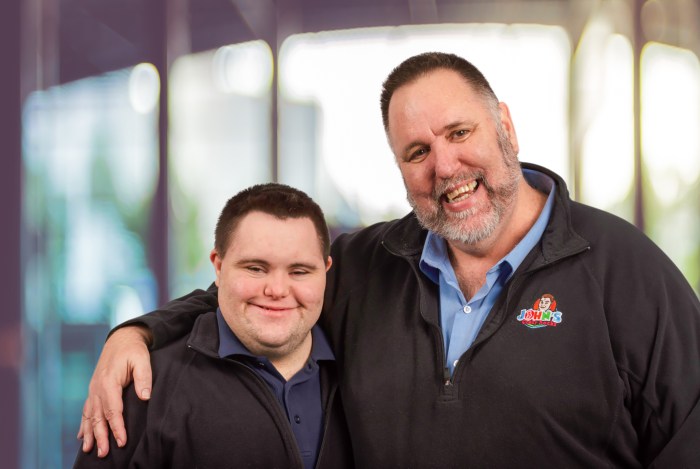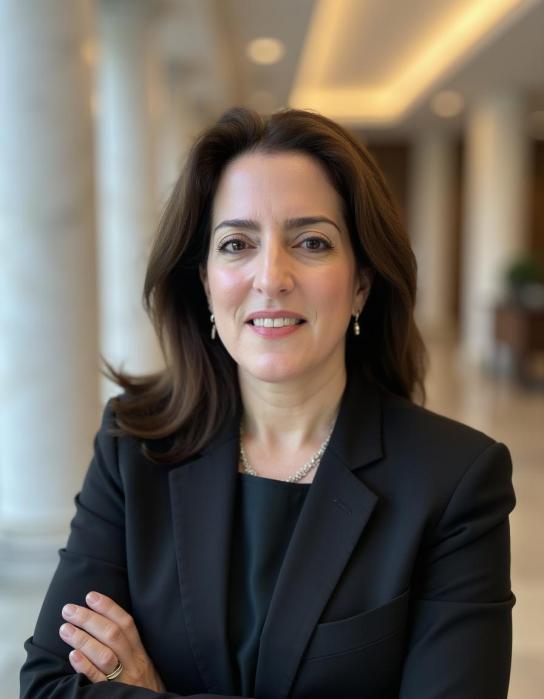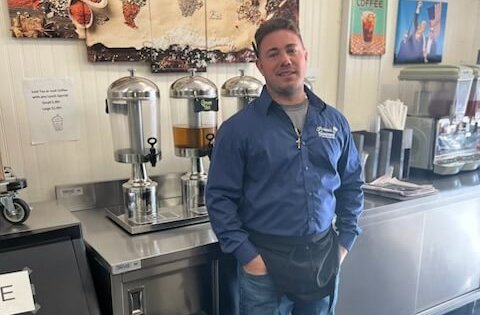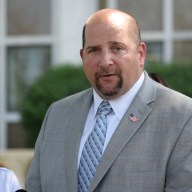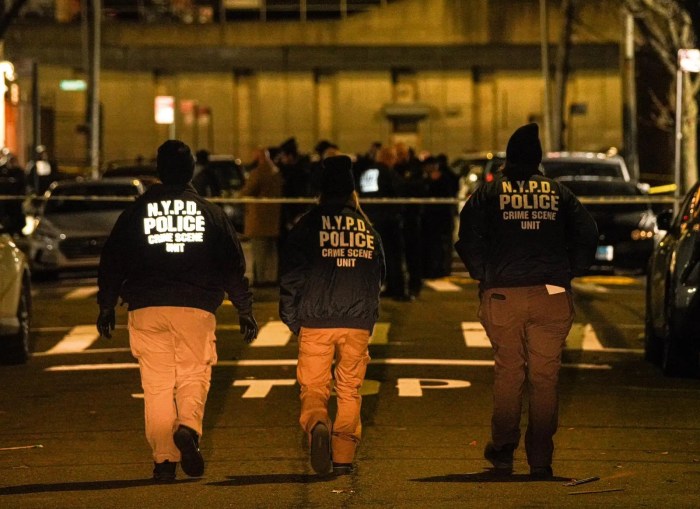 I was reading the New York Times best-selling motivational book Who Moved My Cheese by Dr. Spencer Johnson, a fabled metaphor about four characters, two mice and two small people, approach to life’s “maze” of obstacles in search of their “cheese.” The cheese is the symbolism for a personal goal like money, faith or love. The simplistic moral is about facing life boldly, looking fear in the eye, thinking outside the box and adapting to change. In the foreword, A.J. Cronin writes, “Life is not straight, but a maze of passages. But always, if we have faith, the Creator will open a door that will ultimately prove good for us.”
I was reading the New York Times best-selling motivational book Who Moved My Cheese by Dr. Spencer Johnson, a fabled metaphor about four characters, two mice and two small people, approach to life’s “maze” of obstacles in search of their “cheese.” The cheese is the symbolism for a personal goal like money, faith or love. The simplistic moral is about facing life boldly, looking fear in the eye, thinking outside the box and adapting to change. In the foreword, A.J. Cronin writes, “Life is not straight, but a maze of passages. But always, if we have faith, the Creator will open a door that will ultimately prove good for us.”
While being in self-quarantine, I read an inspiring book called You Can Heal Your Life by Louise L. Hay, of blessed memory. She was a best-selling author and an internationally known leader in the self-help field. Her key message is: “If we are willing to do the mental work, almost anything can be healed.” Hay wrote, “What we think about ourselves becomes the truth for us. I believe that everyone, myself included, is responsible for everything in our lives, the best and the worst. Every thought we think is creating our future. Each one of us creates our experiences by our thoughts and our feelings. The thoughts we think and the words we speak create our experiences.”
 After reading her book, the obvious conclusion is that bad events like the coronavirus, the worst certainly in our lifetime, do bring out the worst in some people, but they also bring out the best.
After reading her book, the obvious conclusion is that bad events like the coronavirus, the worst certainly in our lifetime, do bring out the worst in some people, but they also bring out the best.
Right now, in communities across the country there are groups of people circulating elderly and vulnerable people saying, “Can I help?” It’s a little like the wartime spirit. We are seeing a renewal of the “we” of the country. For several months, we were not allowed to come together physically, yet social media has connected us together.
There is something within us that makes us feel better when we are altruistic, when we help others, when we make someone else’s life better. Every single individual who lives through it will feel a much stronger sense of identification with others, a much stronger commitment to helping others who need help. This, in a tragic way, is probably the lesson we needed as a nation, and as a world.
Anyone who thinks hard about how one tiny microscopic virus has brought the whole of humanity to its knees can’t be indifferent to nature anymore. This is going to make us more sensitive to issues like climate change. We will not be able to maintain the degree of economic globalization we’ve had before. We’re going to have to become more self-reliant as nations, and that’s going to benefit an awful lot of people who’ve been left behind by globalization. Therefore, in this difficulty there are also opportunities and good consequences that are going to come out of this, it is a matter of maintaining our faith, our courage, our confidence and our hope until we are through it.
It’s not by coincidence that the Biblical Book of Ruth, which is read during the upcoming joyous holiday of Shavuot, known as the Feast of Weeks, is filled with similar mazes and incredible journeys. Shavuot, which will begin this year on Thursday evening, May 28, means “weeks” and represents the seven weeks (7 times 7 = 49 days) between the ancient Israelites exodus from Egypt and the receiving of the Torah. Former slaves, who could only imagine the Almighty in their hearts, heard the voice of our heavenly father as he gave forth the laws of ethical and moral conduct, thereby changing human behavior and civilization forever.
 Many traditional customs have been attributed to the festival of Shavuot, like eating sweet dairy foods, such as cheese cake and ice cream. Because so, perhaps the Biblical prophet Samuel, the author of the Book of Ruth, should have called Dr. Johnson’s book Who Moved My Cheese Cake? since it describes the journey of four characters, Naomi, Ruth, Orpah and Boaz and their epic transformations following obstacles that tested faith, logic and emotions. In my book, Ruth Talk: Questions and Answers on the Book of Ruth, I explore this powerful account of self-transformation with lessons of kindness, humility, choices and revelations that inspire us to improve our lives and the world in which we live.
Many traditional customs have been attributed to the festival of Shavuot, like eating sweet dairy foods, such as cheese cake and ice cream. Because so, perhaps the Biblical prophet Samuel, the author of the Book of Ruth, should have called Dr. Johnson’s book Who Moved My Cheese Cake? since it describes the journey of four characters, Naomi, Ruth, Orpah and Boaz and their epic transformations following obstacles that tested faith, logic and emotions. In my book, Ruth Talk: Questions and Answers on the Book of Ruth, I explore this powerful account of self-transformation with lessons of kindness, humility, choices and revelations that inspire us to improve our lives and the world in which we live.
In this challenging time, we need to create our own “cheesecake,” by increasing our faith, our kindness, and our eternal gratitude. Internalizing these will reap great rewards as we emerge a better people and a better world, and prove that we can have our cheesecake, and eat it, too.
Let us all pray together for healing, love and peace.



